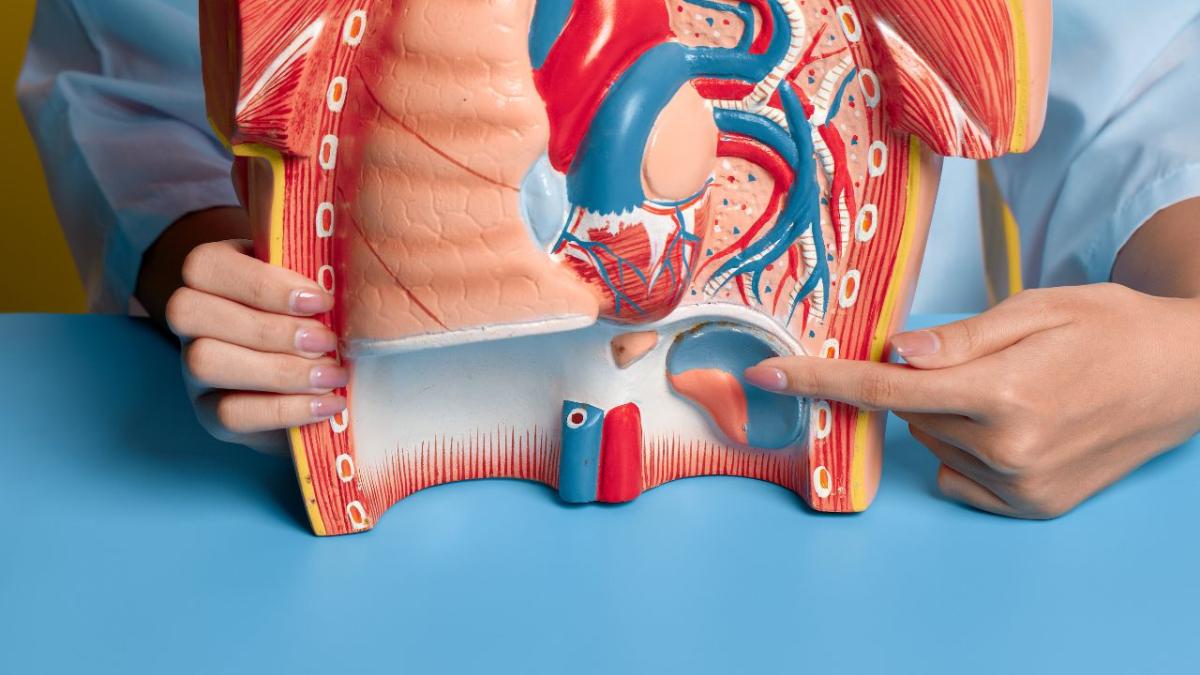Kidney Stones : What You Must Know ?
About the Author
Dr. Gaurav Sharma is a Best Kidney Stone Specialist in Chandigarh with extensive experience in treating complex urological conditions. Known for his patient-focused approach and expertise in advanced minimally invasive procedures, Dr. Sharma has helped countless patients recover from kidney stones with safe and effective treatments. His commitment to excellence and compassionate care makes him one of the most trusted names in urology in the region.
What Are Kidney Stones?
Kidney stones are one of the most common urinary tract disorders, affecting millions of people worldwide every year. These are hard deposits made of minerals and salts that form inside your kidneys. While they may start small, kidney stones can grow larger over time and cause significant pain, especially when they move through the urinary tract.
Understanding what kidney stones are, their causes, symptoms, and treatment options is essential for prevention and timely medical care.
What Are Kidney Stones Made Of?
Kidney stones typically form when urine becomes concentrated, allowing minerals and salts to crystallize. These crystals stick together and form stones of varying shapes and sizes. The most common types of kidney stones include:
- Calcium stones – The most common type, usually formed from calcium oxalate.
Uric acid stones – More common in people who consume high-protein diets.
Struvite stones – Often linked with urinary tract infections.
Cystine stones – Rare and caused by a hereditary condition that leads to cystine buildup.
Symptoms of Kidney Stones
A kidney stone may not always cause symptoms until it begins to move within the kidney or passes into the ureter. Common symptoms include:
- Severe pain in the back, side, or lower abdomen
Painful urination
Blood in urine (hematuria)- Nausea and vomiting
Frequent urge to urinate
Fever and chills (if infection is present)
Causes and Risk Factors
Kidney stones can develop due to multiple factors, including:- Dehydration (not drinking enough water)
Diet high in sodium, protein, or sugar
Obesity
Certain medical conditions like urinary tract infections, digestive diseases, or metabolic disorders
Family history of kidney stones
Treatment Options for Kidney Stones
Treatment depends on the size and type of the stone. Small stones may pass naturally with increased fluid intake and pain management. However, larger or more complex stones often require medical intervention such as:
- Medications – To manage pain or prevent future stones.
Extracorporeal Shock Wave Lithotripsy (ESWL) – Uses sound waves to break stones into smaller pieces.
Ureteroscopy – A thin scope is used to remove or break the stone.
Percutaneous Nephrolithotomy (PCNL) – A surgical procedure for very large stones.
Prevention Tips
Preventing kidney stones involves lifestyle modifications, such as:- Drinking at least 2–3 liters of water daily
Reducing salt and animal protein intake
Eating calcium-rich foods but avoiding excessive supplements
Maintaining a healthy body weight
Regular medical checkups if you have a history of kidney stones
